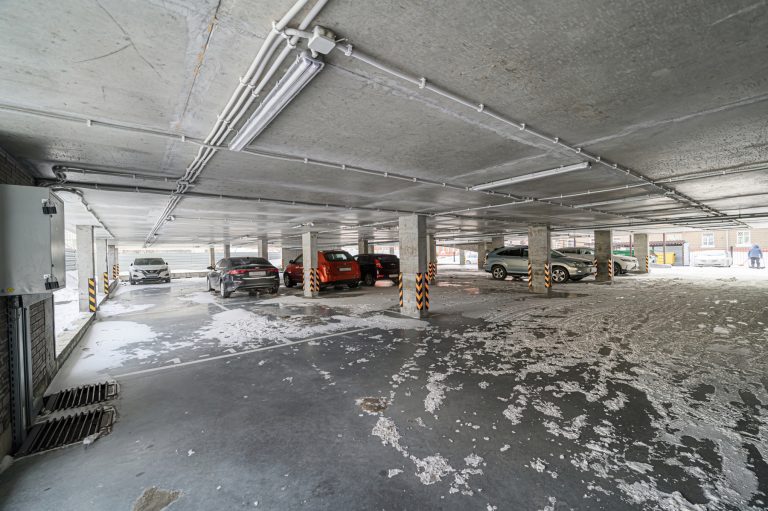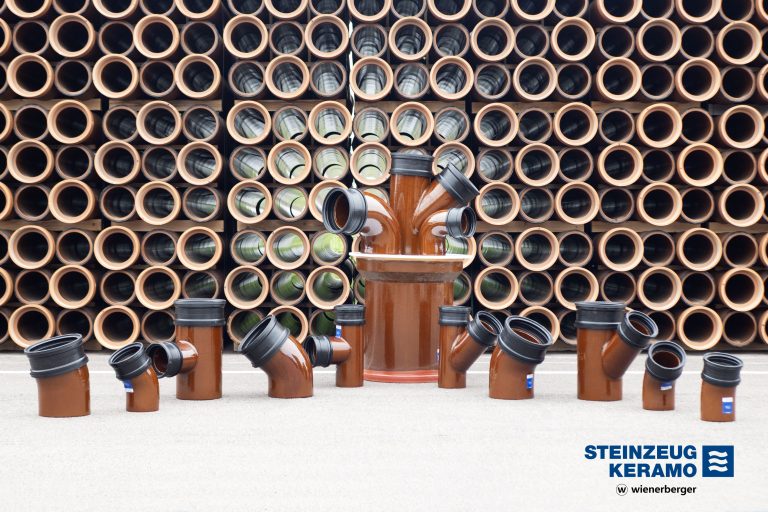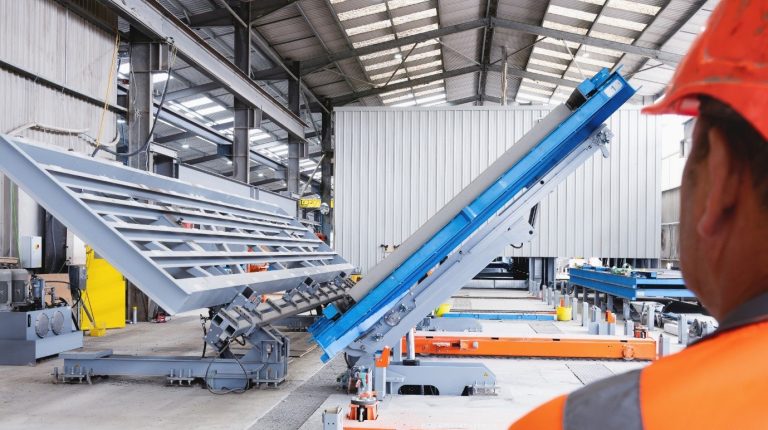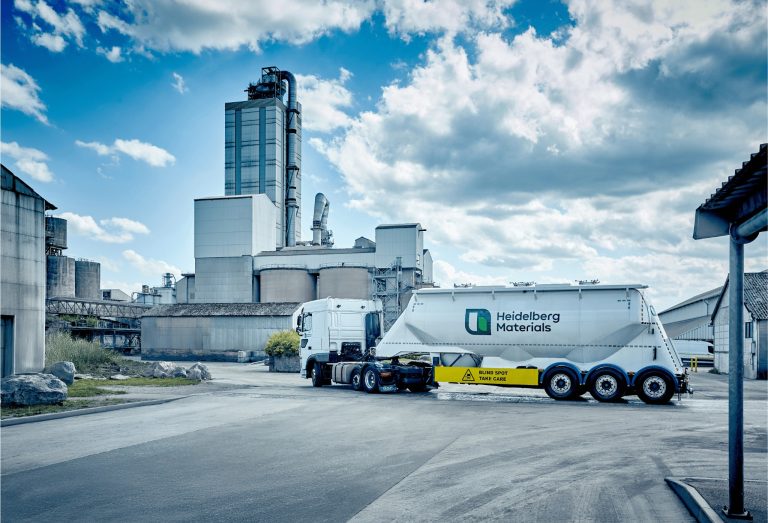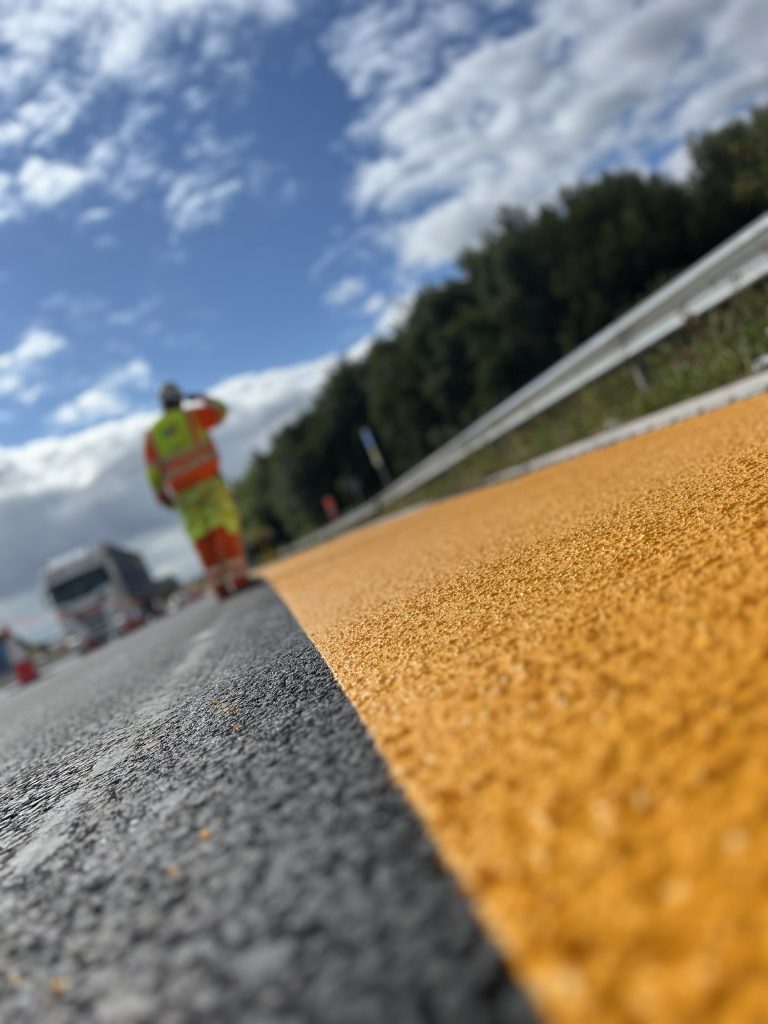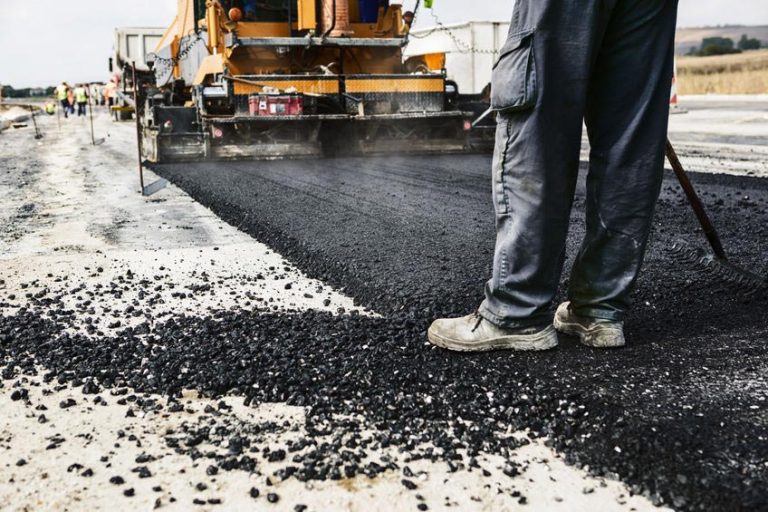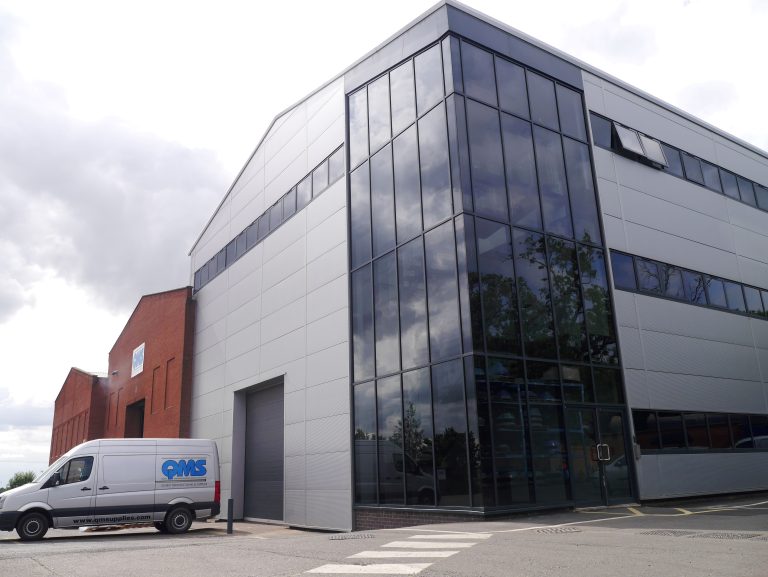An upsurge in business, with orders for aggregate plants, equipment and services, has led Midlands headquartered Quarry Manufacturing & Supplies to undertake an all-encompassing recruitment drive. Quarry Manufacturing & Supplies (QMS) is a wholly owned and family run company located in the heart of England. Since its inception, QMS has passionately striven to deliver exceptional engineering, designing, developing and delivering process solutions that support customers in the quarrying, mining, recycling and demolition industries. QMS is today recognised as Europe’s premier manufacturer of aftermarket crusher spares, wear parts and bespoke processing equipment. The Coalville headquartered company has in recent years built on its success, supplying parts, services, and bespoke solutions throughout the UK, and increasingly throughout Europe and the rest of the world. In recent months the company has installed aggregate production facilities for some of the biggest names in the industry including Breedon Aggregates, Tarmac and Heidelberg Cement. In addition, the export side of the business is thriving with recent orders for its leading cone crushers to customers in Belgium, France and East Africa as well as a large bespoke quarry plant in Romania. “QMS continues to set an ever-increasing standard, not only meeting the needs of our customers, but also exceeding them, delivering a diverse range of products, solutions, and services through extensive industry knowledge, innovation and exceptional engineering ability,” said company managing director Jonathan Beck. “We operate from an extensive purpose-built facility, as well as other UK locations, and have established a robust and efficient network for supporting customers throughout the UK and across the globe.” QMS possesses fully equipped manufacturing and repairs workshops, placing a premium on investment in its people, technologies, processes and supplier partnerships, continuing to raise the bar in manufacturing excellence, aiming to deliver, at all times, exceptional service and outstanding value. As well as adding to its existing extensive offering, QMS is now undergoing an expansion, with a new additional purpose built manufacturing facility set to be completed by the end of 2025. This will sit alongside the existing factory and offices in Coalville. In order to support its growing customer base, QMS has recently announced a major recruitment drive. “We have numerous vacancies for highly trained and motivated people who wish to contribute to our growing success. We would love to hear from design engineers, technicians and fitters who would like to contribute to our further success,” said Jonathan, who added, “And to help with our new staff, we also are looking for a dedicated and exceptional HR manager to join our management team.” Interested parties are advised to contact Jonathan Beck at Quarry Manufacturing & Supplies in Coalville. Building, Design & Construction Magazine | The Choice of Industry Professionals
